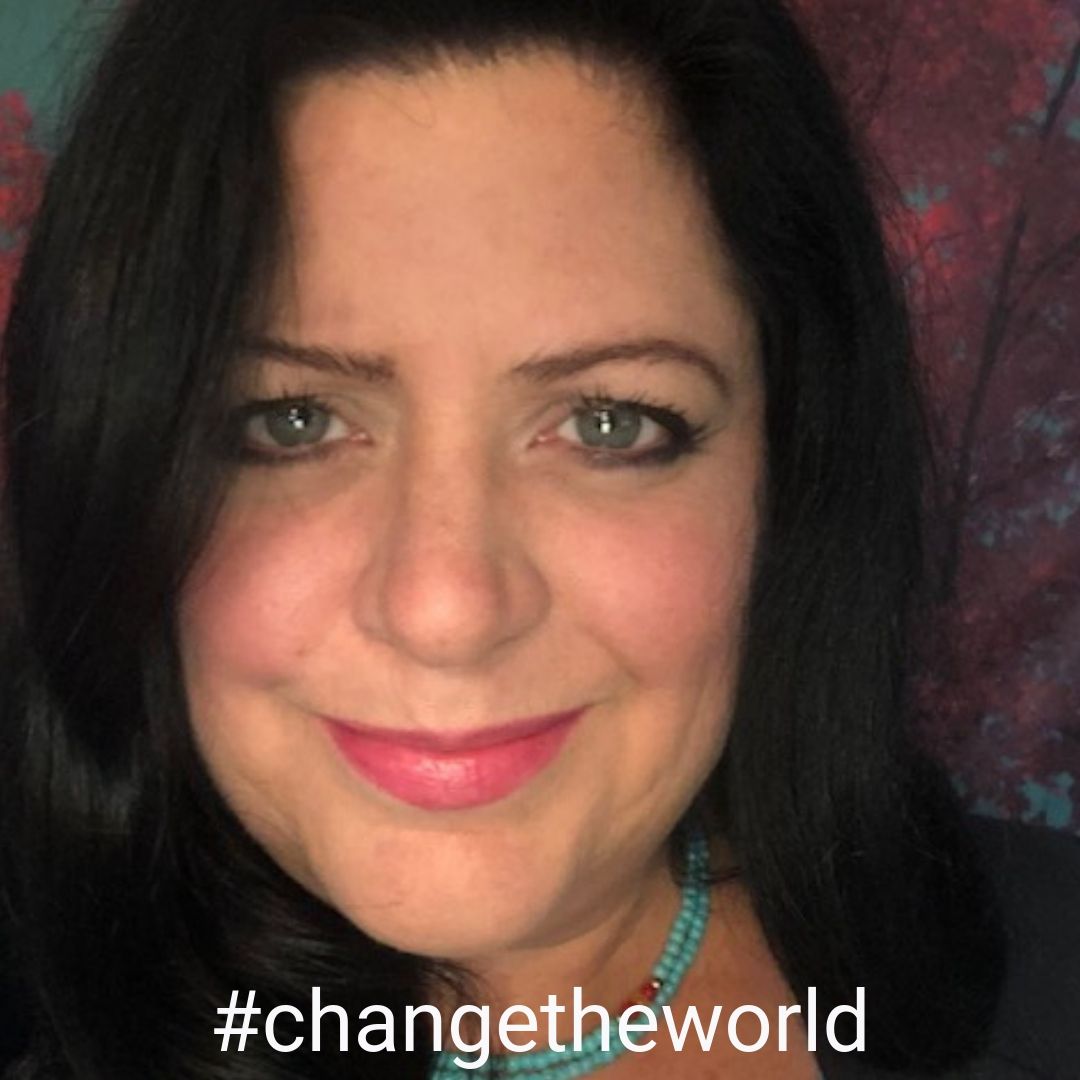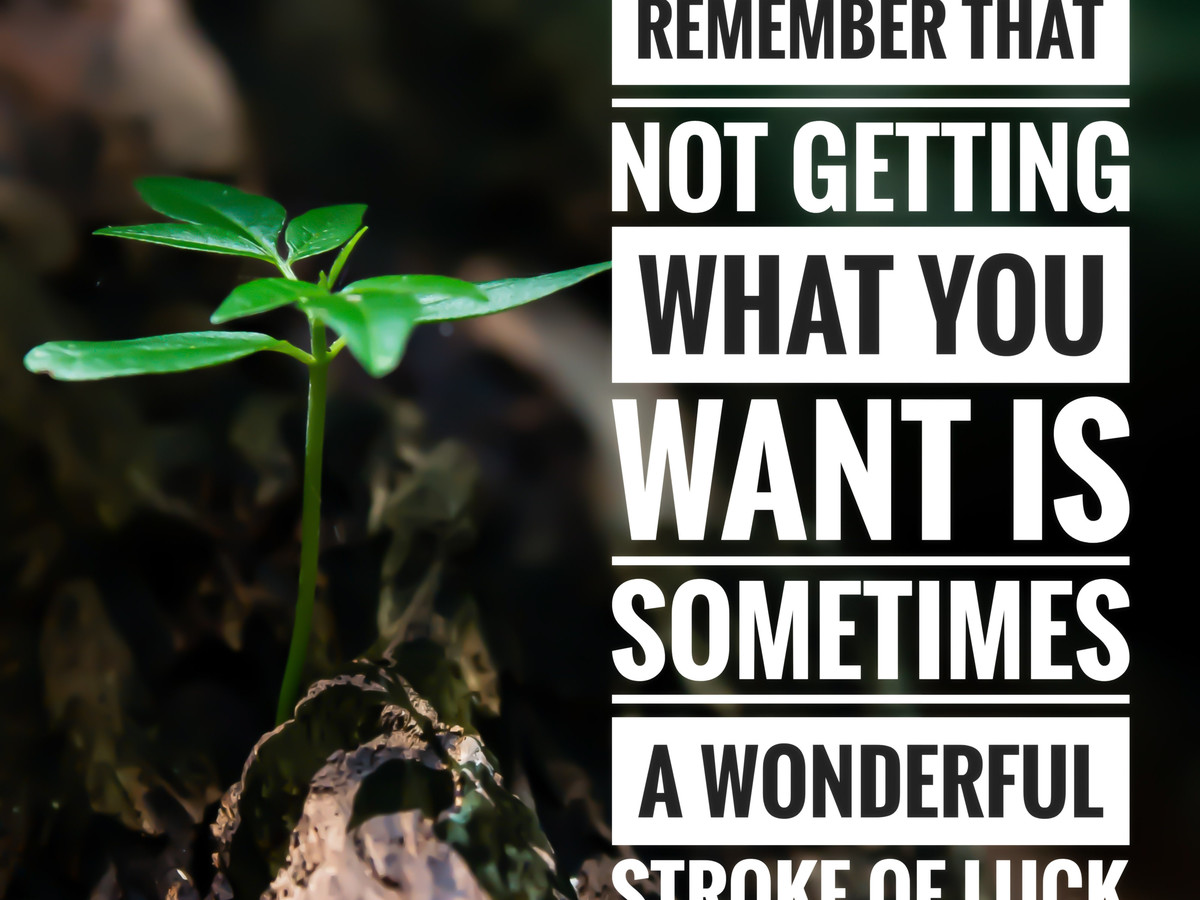Long, long ago, a few years after graduating from college in Ohio, I moved to Los Angeles for about sixteen years. It was an exciting time, full of the starry-eyed wonder people have experiencing a huge, glamorous city after being raised in a small, midwestern town.
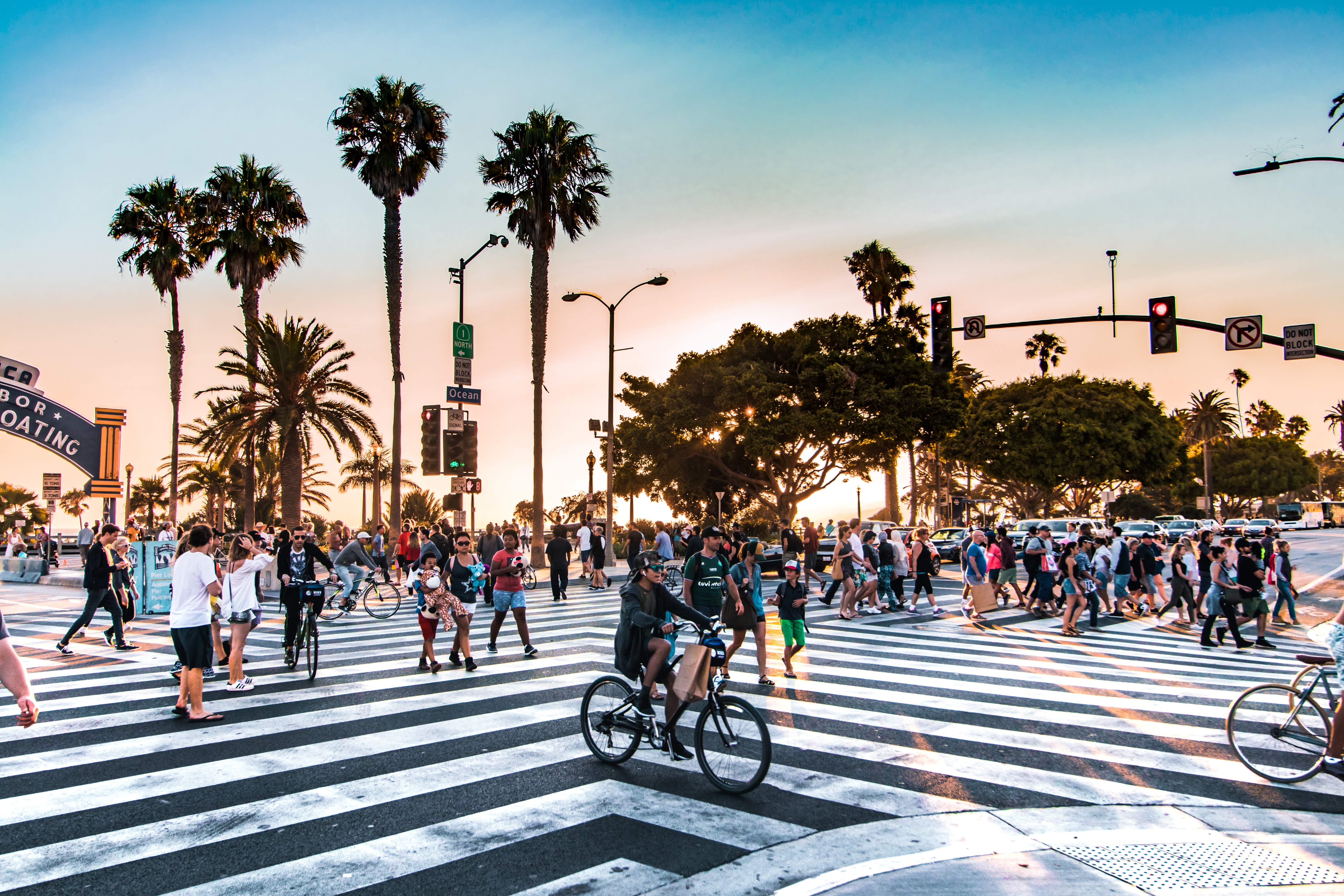
While I was there, I always worked hard at corporate jobs, but still stumbled upon a fascinating world of celebrities and people with wealth beyond what most of us experience in daily life.
Having friends and acquaintances who were the “rich and famous” proved very interesting, and very telling. While it was an amazing array of mansions, expensive cars, and incredible experiences that were worthy of appreciation, I also learned a lot about what makes people genuinely happy, or not. (While also volunteering with Union Rescue Mission to help alleviate homelessness. It was always quite surreal to me the juxtaposition of so much wealth and so much poverty together in one city.)

For all of the sprawling and grandiose mansions, with their themed rooms, pools, and multiple stories, there was often an undercurrent of angst, depression, apathy, or listlessness from their occupants. No matter how much buying of things, or how many parties, limos, or VIP rooms their owners created or took part in, there was a surprising amount of… unhappiness.

It was a recurring theme. One person in particular always summarized it succinctly for me. He was a guy who was my age at the time, in his mid-twenties. He lived in his parent’s house, but they were almost never there. In fact, his “house” was an insane mansion that many movies featuring very wealthy subjects have been filmed in. A glamourous, huge, gated, many-storied mansion set on several acres, with all of the finest touches, in one of the most desirable neighborhoods in the United States.
This particular person was extremely good-looking, driving the latest sports cars, traveling, and usually part of many of the “best” scenes in town.

And yet, during the holidays one year, he was so depressed, he wouldn’t leave his room for a month.
I thought about that a lot then and still do. And that situation sounds puzzling to most people. The crux of the issue was that this person had gotten pretty much anything he ever wanted at any time, for his entire life. There wasn’t really anything he couldn’t buy or do. The finest of everything was very literally at his fingertips at any time, for the asking.
And that, my friends, was the problem.
He even said – mirroring sentiments I heard surprisingly often from wealthy people in LA – that he felt unfulfilled, unchallenged, even unworthy. Essentially, he wondered what the point of any of it was.

If you can have anything you want, at any time, without effort… what is your purpose, your mission? What are you adding to the world? How are you helping? What are you accomplishing? He wondered.
This was something I heard and felt from many people of privilege and means. They often seemed to be struggling to find happiness at all, perhaps because they lacked struggles or challenges that shocked their system enough to make them feel alive.

When we face challenges every day, big or small, and overcome them, we develop a sense of confidence. We start to learn and know that we have control.
We can create our future by virtue of the way we respond to setbacks. We know that a temporary, undesirable situation will pass. We know that “bad” things can make us stronger and wiser. We understand that overcoming struggles is aggravating yet thrilling. We can look back on terrible situations later with pride when we have overcome obstacles and come out on top.

People who have what seem to be deliciously easy lives do not get to experience these things as often, or sometimes…not much at all, if ever. So, they have an ever-increasing set point for satisfaction that is untenable, not sustainable, always increasing. What made them happy yesterday requires that plus more of that today. Rinse, repeat.
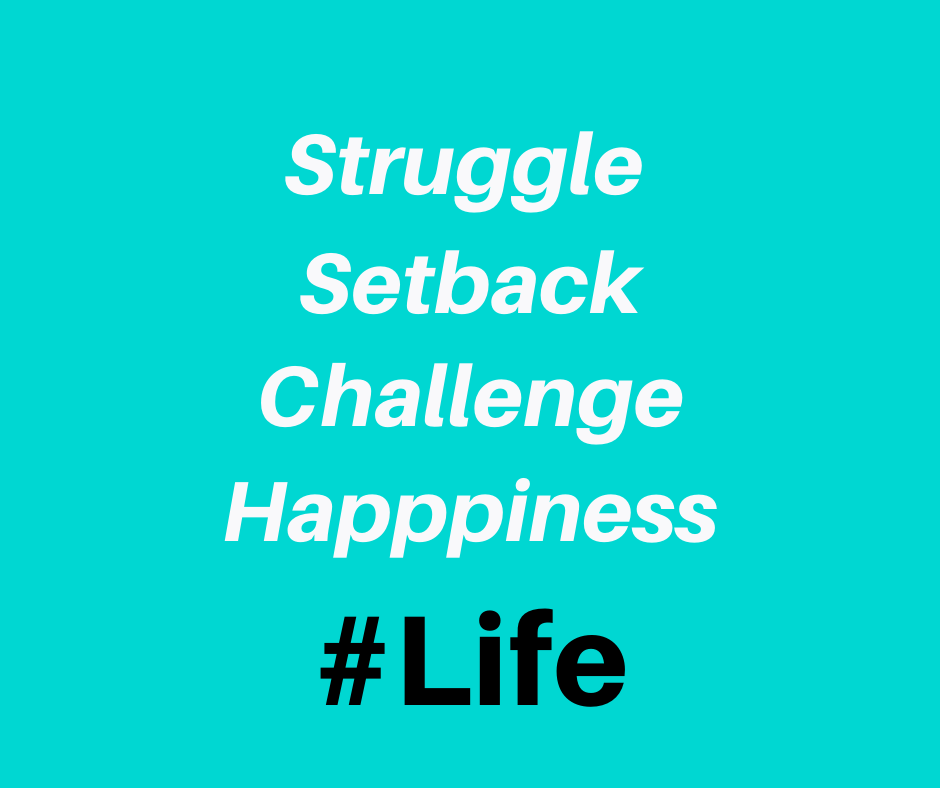
Without setbacks and challenges, it is hard to remember to be grateful for the things we have. If we can always get anything, what is exciting? It’s thrilling to work hard and achieve something. It’s an amazing experience to go from worrying about a problem to solving it. It’s inspiring to go from a harsh circumstance to something better, and maybe even to lift up others in the process. It’s a positive experience to go from feeling like “all is lost” to barely making it –and then to appreciate whole-heartedly, barely making it.

For all the attention being wealthy and famous and “having it all” gets on social media and through reality shows and media these days, it’s insightful to me to have experienced things from another vantage point. And although there are plenty of happy wealthy people, the two things don’t automatically go together.
Although I was never *at all* one of the “rich and famous,” having experienced things with and beside them for a long time while I lived in Los Angeles made me proud to be a Midwesterner from Ohio.
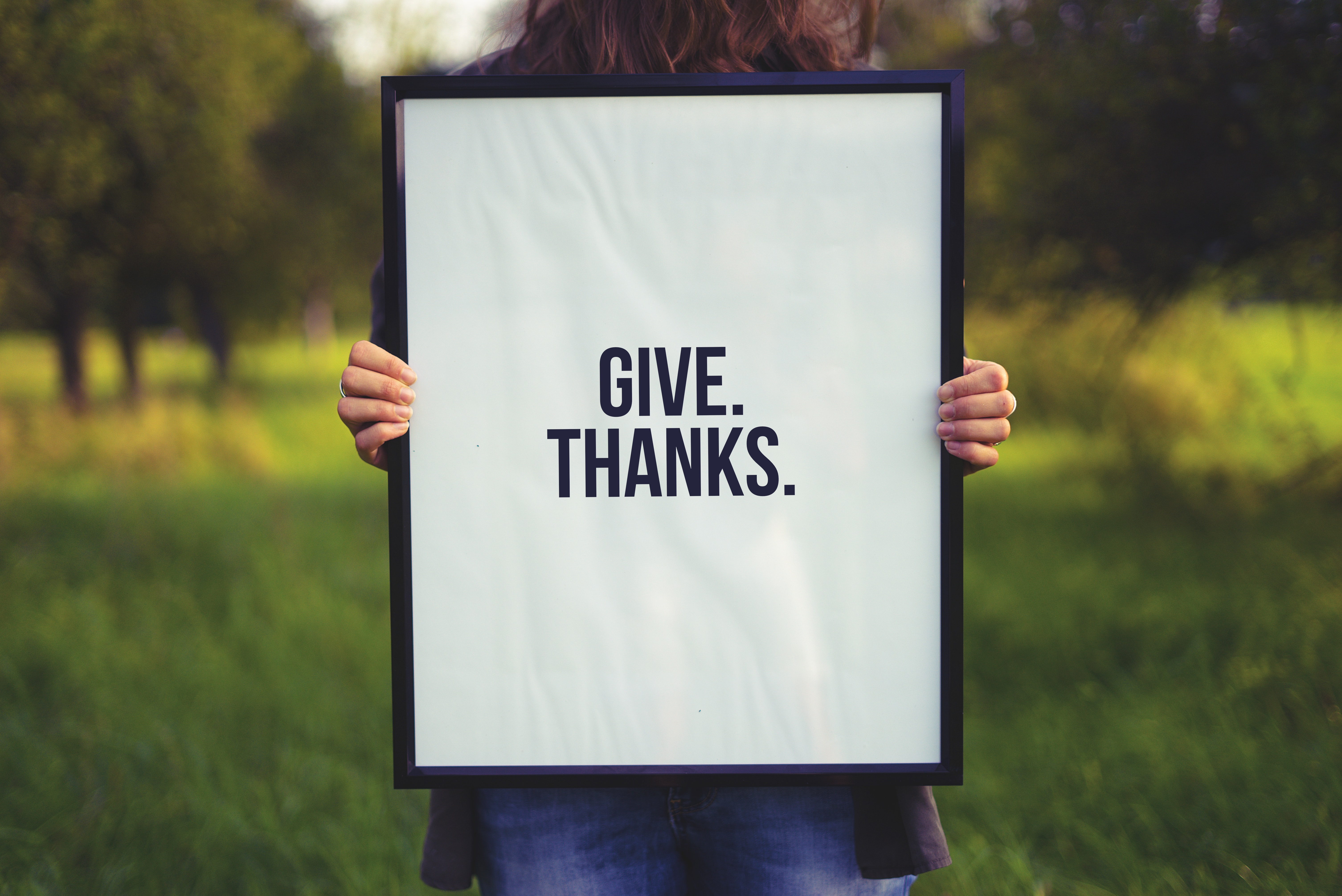
While I enjoyed all the experiences then, it also helped shape me into what I am today – someone who is extremely grateful and appreciative of each challenge and setback, of overcoming each, and of celebrating overcoming them. I am both thankful and grateful that I did not grow up getting everything I wanted at all times, and that I have had to work hard to get where I wanted to go (even while being privileged in many ways myself).
There is really strong and immense beauty and satisfaction in not getting everything you want. It encourages you to help others and to continue striving to higher and higher places that make you happy.
When I think about my friend in LA who was so disillusioned and others like him, I always hope that they ended up finding ways to get outside themselves and help others through volunteering, or other ways to the #changetheworld.

Science says it helps us to help others. If you know anyone who is feeling apathetic or depressed right now for any reason: know that thinking about, serving, and helping others is often a powerful antidote to sadness.

And even (or especially) for the most privileged friends we know personally, feeling a mission in life is important.
Take a minute right now to think of one person you can reach out to, whether he or she is rich or poor. Send them a quick hello. Even if they seem to “have it all,” they will probably appreciate it and it might make them feel alive – and happy.
What are your thoughts? Please share in the comments!

